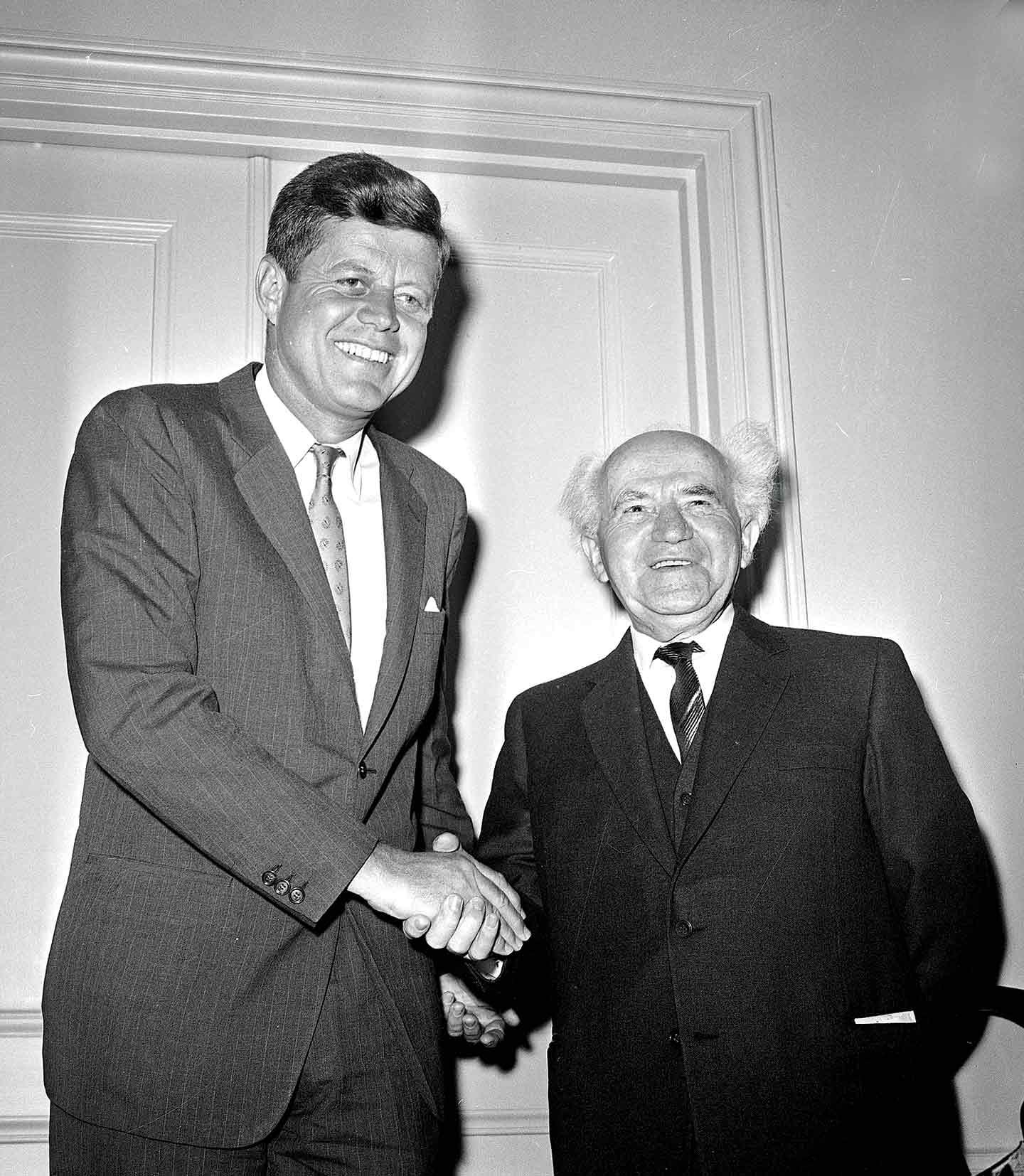
President John F. Kennedy is heralded in some circles as a pacifist anti-imperialist whose assassination was triggered by neo-conservative hawks intent on escalating the war in Vietnam and supporting Israel to the hilt in its wars with neighboring Arab states and the Palestinians.
There may be some plausibility to this thesis related to who was behind his killing, though JFK initiated what aide Theodore Sorensen described as “the most rapid [military] buildup in American peacetime history,” and authorized 163 major covert operations—only seven fewer than had been conducted under the Eisenhower administration in eight years.[1]
With regards to Israel-Palestine, Kennedy’s presidency marked a turning point in the consolidation of the special relationship between the U.S. and Israel, which has sowed disaster for the Middle East.
Kennedy’s predecessor, Dwight Eisenhower, had adopted an even-handed approach to the Arab-Israel conflict at times, notably during the 1956 Suez crisis when he threatened to impose sanctions on Israel in order to force it, along with Britain and France, to abandon their invasion of Egypt.
Then-Senator John Kennedy opposed the sanctions.[2]
Historian Warren Bass calls JFK “the father of the U.S. Israeli alliance,” even if Lyndon B. Johnson was more supportive of Israel’s nuclear program at Dimona.[3]
Bass wrote more than 20 years ago that “the Kennedy administration constitutes the pivotal presidency in U.S.-Israel relations, the hinge that swung decisively away from the chilly association of the 1950s and toward the full-blown alliance we know today. Kennedy was the first president to break the arms embargo blocking U.S. sale of major weaponry to Israel; after his term, Washington was deciding which arms to sell to the Jewish state, not whether to sell arms in the first place.”[4]
The significant military hardware that Kennedy provided to Israel included electronic surveillance equipment and Raytheon Hawk missiles.[5]
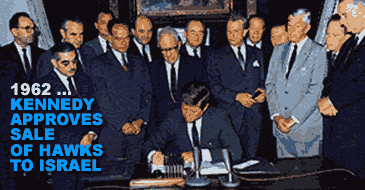
The Hawk missile sale was opposed by Secretary of State Dean Rusk and top brass in the Pentagon who felt that Israel was proving too aggressive and contemptuous of diplomacy in relation to disputes over the Jordan River water diversion and resettlement of Arab refugees, as well as the status of Jerusalem.[6]
Rusk feared that Kennedy and subsequently LBJ’s pro-Israeli policies were putting relations with Arab countries in jeopardy and would strengthen the radical leftist Palestinian Liberation Organization (PLO).[7]
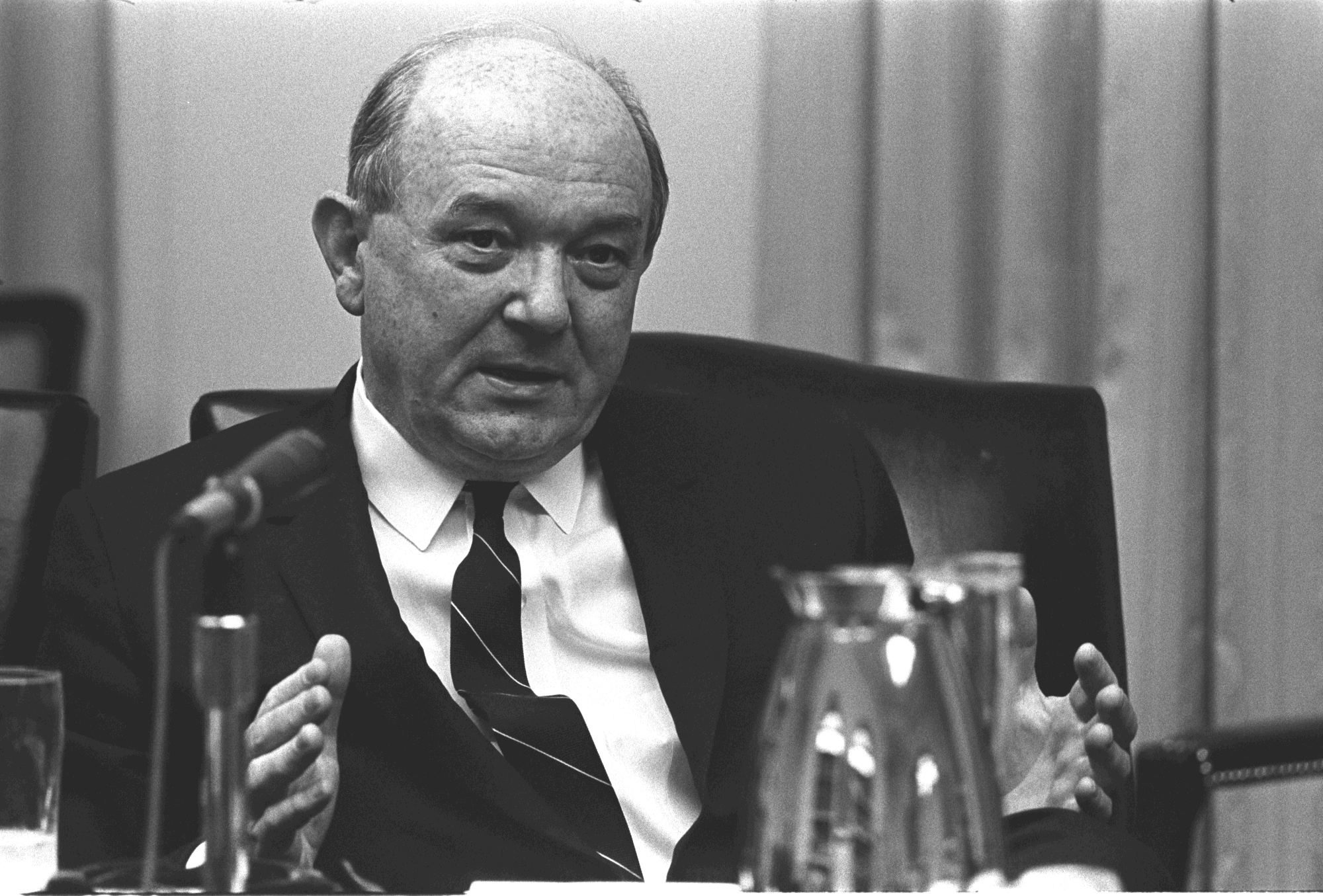
During the 1960 election, Isaiah L. Kenen, founder of the American Israel Public Affairs Committee (AIPAC), had “preferred Kennedy to [Richard] Nixon.” Kennedy wound up dominating the Jewish vote.[8]
Throughout his presidency, he received advice on Jewish affairs from Myer Feldman, a Philadelphia businessman and member of AIPAC whom Kennedy named deputy special counsel to the president.
According to historian Walter Hixson, Feldman “functioned as a member of the Israeli lobby inside the White House” and was a central figure in securing the Hawk missile sale.[9]
Feldman worked closely with Avraham Harmon, Israel’s ambassador to the U.S., whom Kennedy also had a close relationship with.[10]
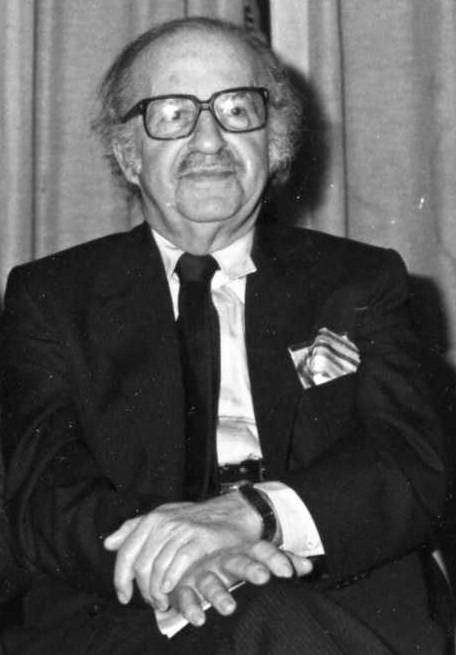
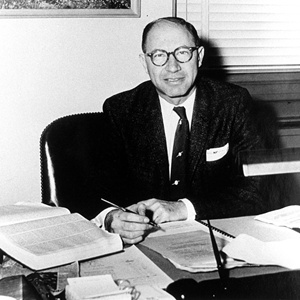
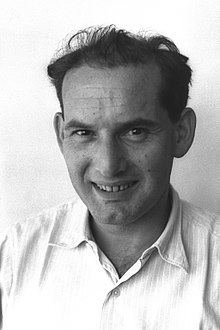
In 1962, Kennedy told then-Israeli Foreign Minister Golda Meir “the United States has a special relationship with Israel in the Middle East, really comparable only to that which it has with Britain over a wide range of world affairs.”[11]
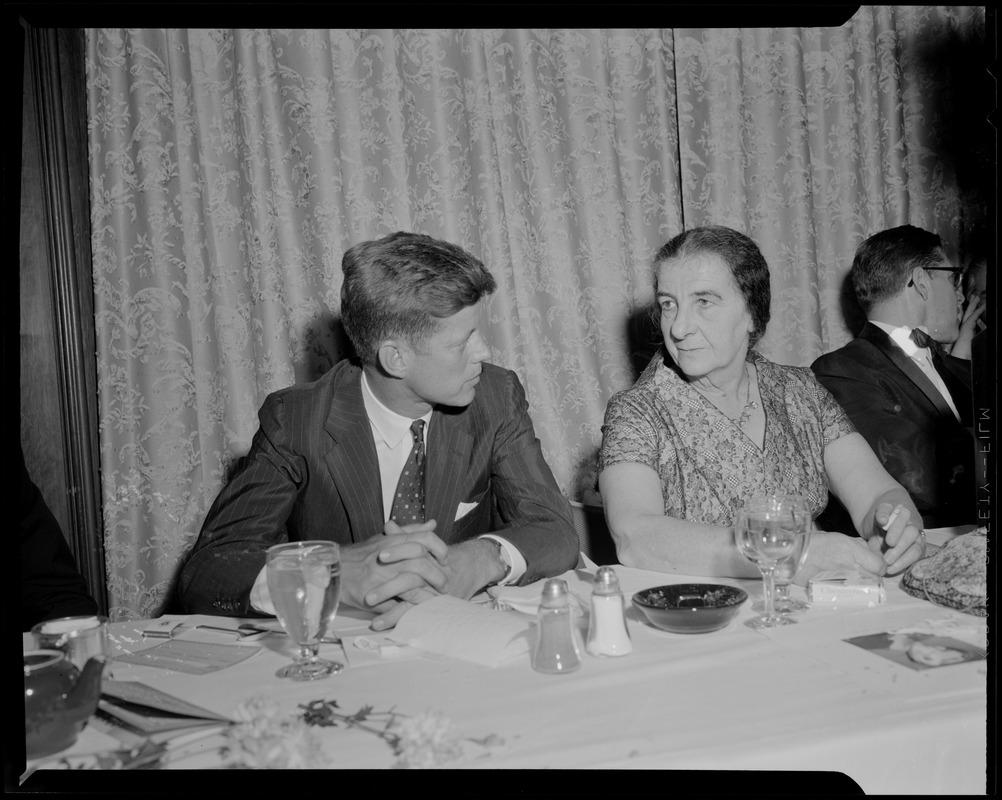
Perhaps the most important action that Kennedy took as president with regard to the Israel-Palestine conflict was his rejection, under pressure from Golda Meir, of a United Nations-sanctioned plan for resettling 200,000 Palestinian refugees in Israel.[12]
The Palestinian refugees had been victims of Israeli ethnic cleansing during the 1948 Nakba (catastrophe) when the Israeli state was established, and lived in modern-day Gaza and the West Bank.
In hindsight the refugee resettlement plan developed by Dr. Joseph E. Johnson, President of the Carnegie Endowment for International Peace from 1950 to 1971, could have solved the Israeli-Palestinian conflict and paved the way for a bi-national state that would have avoided the human cataclysm playing out today.
Johnson and the Johnson Plan
Born in Longdale, Virginia, in 1906 and raised in Scarsdale, New York, Dr. Joseph E. Johnson held bachelor’s, master’s and doctoral degrees from Harvard and taught at Bowdoin College for two years before joining the faculty of Williams College as a history instructor in 1936.
Early in World War II, Johnson took leave from Williams to work for the State Department in Washington, where he became chief of the department’s Division of International Security Affairs.
He took part in several international conferences involved in the organizing of the UN, and was briefly a member of the State Department’s Policy Planning Staff before being appointed to head the Carnegie Endowment for International Peace in 1950.
In 1961-62, Johnson served on the UN mission to the Middle East for the Conciliation Commission for Palestine, leading him to travel for more than a year in Israel, Gaza and the West Bank, studying various aspects of the refugee problem.[13]
At that time, displaced Palestinians had organized into fedeyeen and were carrying out border raids on Israeli kibbutzim, prompting Israeli reprisal attacks on Palestinian villages.[14]
To resolve the conflict, Johnson’s report recommended that the UN appoint a new administrator to carry out several resolutions urging that Palestinian refugees from 1948 be allowed to return to their homes in what had become Israel unless they posed risks to security.[15]

The Johnson Plan had eight key provisions:
- Appointment of a new United Nations administrator and staff charged with the duty of carrying out the 1948 UN General Assembly resolution for repatriation (to former homes in Israel) or resettlement of the refugees in Arab countries.
- Individual refugees and heads of families would be given confidential questionnaires. They would make a “preliminary choice,” retaining the right to change their minds later. Possible choices would include return to former property in Israel; resettlement in Arab countries; resettlement elsewhere in the world.
- The UN agents would consult Israel on possibilities for repatriation, and Arab and other countries specified in the preliminary questionnaires regarding resettlement.
- Israel would be asked not to set a maximum number of returning Arabs it would admit. However, Israel would retain the right to reject individual Arabs as security risks, subject to overall UN surveillance and review. Refugees would be expected to uphold the laws of Israel. An impartial body to hear disputed cases would be established.
- A special UN fund consisting of voluntary contributions from governments and the world would be set up to help the refugees become integrated. Israel would be expected to make a substantial contribution to the fund.
- Israel, with help from the UN and friends—mainly the U. S.—would be required to pay indemnities to Arabs who lost property in Israel. All refugees would be entitled to a UN fund indemnity covering the hardships undergone by them, something like a veteran’s bonus.
- The Arab host governments (Egypt, Syria, Jordan and Lebanon) and Israel would be invited to name representatives to a council of advisers to the UN administrator.
- While refugees would indicate preferences on the questionnaires, they would be told from the start that they would not necessarily get their first choice. It would be expected that refugees who had established new lives, with family connections, would prefer not to move to Israel.
In addition:
- United Nations agents would verify records of former property, etc., and determine whether former homes still exist, the possibilities for special indemnities to particular refugees, etc. The UN administrator would set up with Israel a detailed procedure for examining requests. UN agents would keep watch over the refugees moving to Israel, making sure they receive fair treatment. Arab complaints could be appealed to the UN.
- Property indemnities would be based on the 1947-1948 values of real estate, and estimated value of movable property, with adjustments for lost interest payments, money depreciation, and rights in community properties such as mosques and churches.
Johnson believed that there was a realistic possibility that his plan could be accepted by all parties. Compensation was not considered to be an issue because it was believed that the U.S. would foot the bill. The plan furthermore envisioned only a limited number of Palestinian refugees returning to Israel since it included financial incentives designed to encourage refugees not to return.[16]
Unfortunately, instead of trying to mobilize support for the Johnson Plan, Kennedy succumbed to Israeli pressure and allied the U.S. with Israel full hilt, with disastrous long-term implications.[17]
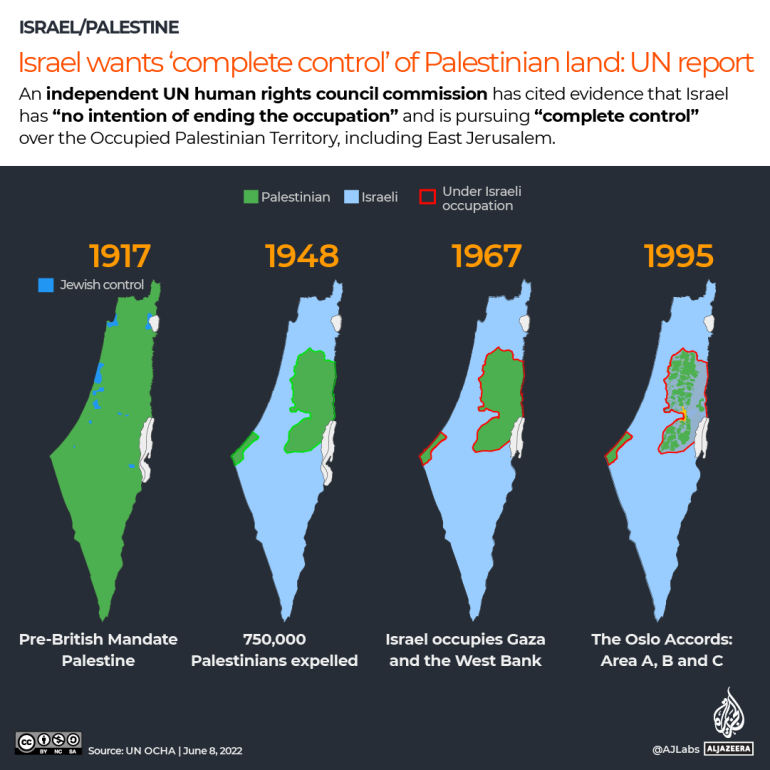
Top Aides Wanted to Implement the Johnson Plan
Documents at the Kennedy Presidential Library in Boston, Massachusetts, show that Kennedy aides Robert W. Komer and Carl Kaysen both urged Kennedy to implement the Johnson Plan, but to no avail. Komer and Kaysen had wanted the Hawk sales to be contingent on Israel’s acceptance of refugee resettlement.
In a memo to Kennedy dated December 5, 1962, which Kaysen praised as “excellent,” Komer called the Johnson Plan “a carefully reasoned scheme evolved from the long time painful history of the particular attempts to deal with the refugee issue,” and said that, with American prestige at a high point in the Middle East, circumstances had never “been more propitious for the refugee initiative if only we could get the Israelis off the dime.”
Komer believed that the Johnson Plan was advantageous not only for the Palestinians but also for the Israelis, about whom he wondered how long they “wanted to live in a semi-garrison state, surrounded by a million disconnected refugees” while “forced to divert a high proportion of their assets to security needs.” Unfortunately, Komer said that the Israelis “feel there is only one way to achieve a [peaceful] settlement i.e. to keep bloodying the Arabs every time they get mean,” though Israel’s “tough policy leads to repeated minor clashes which only serve to feed Arab hostility, not lessen it.”
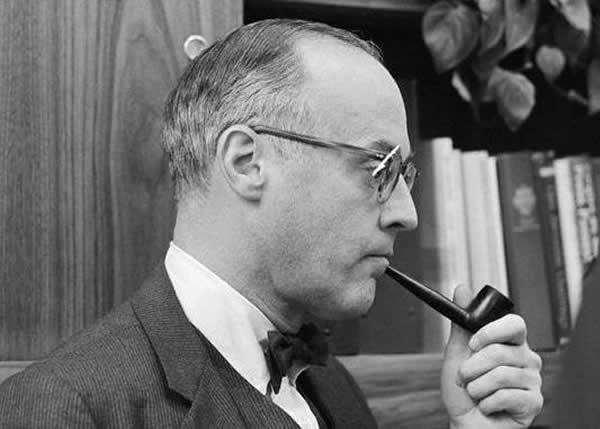
Komer said he understood the domestic considerations that had constrained the president’s hand (i.e., the Israeli lobby, the “real reasons we are hesitant to push the Johnson Plan”) and that the Israelis had mounted a pressure campaign that was almost impossible for the State Department to cope with. However, Komer believed that Kennedy had more room to maneuver after the mid-term elections.
Komer furthermore told Kennedy that his administration had “done more to satisfy Israeli security preoccupations than any of its predecessors”—promising Israel “hawk missiles, supporting it in its conflict over Jordanian waters, giving it a higher level of economic aid [permitting extensive arms purchases], and giving it various security assurances.”
The U.S. as such was in a better position than ever to pressure Israel into accepting a settlement that could defuse tensions in the region and enhance Israeli security. Komer warned that, if this pressure were not applied and Israel continued to antagonize the Arabs, within a decade, [Egyptian leader Gamal Abdel] Nasser could acquire the resources he needed to risk a war, and the U.S. would “find itself giving a lot more than hawks to Israel to maintain a local deterrent balance.”[18]
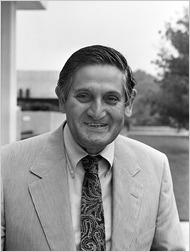
The Kennedys’ Colonialist View of Israel-Palestine
Kennedy’s strong pro-Israel stance during his presidency was telegraphed in his 1960 campaign book, A Strategy of Peace, where he promoted the Zionist myth that Palestine had been a barren desert and empty land before it was settled by the Jews.
Kennedy quoted Israel Zangwill who referenced Palestine as “a land without a people [that] waited for the people without a land [Jews].”
Comparing Israel’s success in making the desert bloom to Americans in the 19th century who brought civilization to the Great American Plains, Kennedy further wrote of Israel as a “bright light now shining in the Middle East” whose “neighbors had much to learn” from “this center of democratic illumination, of unprecedented economic development, of human pioneering and intelligence and perseverance.”[19]
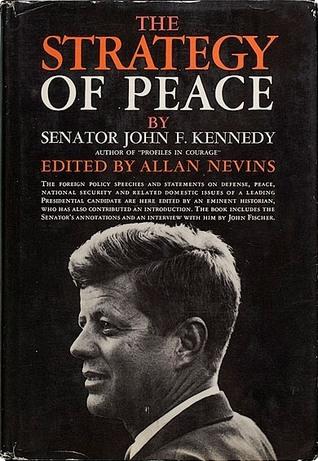
Kennedy repeated a similar theme at the Zionists of America Convention at the Statler Hilton Hotel in August 1960 in which he juxtaposed the neglect and ruin that he observed in Palestine when he first visited there in 1939—which he considered a legacy of Ottoman misrule—with the grandeur of Israel when he returned in 1951.
Kennedy stated that “it was President Woodrow Wilson who forecast with prophetic wisdom the creation of a Jewish homeland. It was President Franklin Roosevelt who kept alive the hopes of Jewish redemption during the Nazi terror. It was President Harry Truman who first recognized the new State of Israel and gave it status in world affairs. And may I add that it would be my hope and my pledge to continue this Democratic tradition—and to be worthy of it.”
Kennedy added that, “even while fighting for its own survival, Israel had given new hope to the persecuted,” with “its…idealism and courage, its…sacrifice and generosity,…earn[ing] it the credentials of immortality.”[20]
Robert Kennedy was also very pro-Israel, writing a series of articles in 1948 for the now-defunct Boston Post in which he was critical of a temporary slippage of the American government’s support for Jewish statehood, fearing that the U.S. was shifting toward Britain’s negative policies and its aim “to crush” the Zionist cause.
One of Robert Kennedy’s dispatches, which described his traveling with Haganah fighters in a convoy from Tel Aviv to Jerusalem, was headlined, “Jews Make Up for Lack of Arms with Undying Spirit, Unparalleled Courage.” Making no mention at all of the Palestinian Nakba, Kennedy wrote: “It is already a truly great modern example of the birth of a nation with the primary ingredients of dignity and self-respect.”[21]
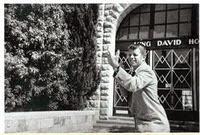
RFK Jr. Continues the Family Tradition
RFK Jr. undercut his claims to be an anti-war, anti-imperialist candidate in the 2024 presidential election when he aligned firmly with Israel’s far-right and supported the Israeli onslaught in Gaza.
Edward Curtin, a radical blogger and friend of RFK Jr., wrote for Countercurrents.org: “That you have not defended the children of Gaza and condemned their massacre by the thousands has shocked and sickened me.”[22]

RFK Jr. though was following in a family tradition in aligning firmly with Israel and neglecting the plight of Palestinians.
History shows that RFK Jr.’s uncle had a great opportunity to help secure a peaceful resolution of the Israel-Palestine conflict, if he had only supported the Johnson Plan.
Unfortunately, JFK did not and we are where we are today.

-
Bruce Miroff, Pragmatic Illusions: The Presidential Politics of John F. Kennedy (New York: David McKay Company, 1976), 49, 50; Stephen G. Rabe, “Alliance for Progress,” Oxford Research Encyclopedias (2016), https://oxfordre.com/latinamericanhistory/display/10.1093/acrefore/9780199366439.001.0001/acrefore-9780199366439-e-95; Oliver Stone and Peter Kuznick, The Untold History of the United States (New York: Gallery Books, 2012), 295. See also Richard J. Walton, Cold War and Counter-Revolution: The Foreign Policy of John F. Kennedy (New York: Viking Press, 1972), 60-73. James N. Giglio reported in The Presidency of John F. Kennedy, 2nd ed. (Lawrence: University of Kansas Press, 2000), 48, that, after his inauguration, Kennedy quickly increased the defense budget by 15%, doubled the number of combat-ready divisions in the army’s strategic reserve, and expanded combat units in the navy and marines. Giglio writes that, in early 1961, Kennedy “instructed the Special Warfare Center at Fort Bragg, North Carolina, to include the study of new methods of combating guerrilla warfare. The Special Forces personnel at Fort Bragg increased from fewer then 1,000 to 12,000 in his administration. By June 1963, some 118,000 American and 7,000 foreign military officers had undergone counterinsurgency training, as did foreign service officers before embarking on third world assignments.” ↑
-
See David A. Nichols, Eisenhower 1956: The President’s Year of Crisis—Suez and the Brink of War (New York: Simon & Schuster, 2012). ↑
-
Warren Bass, Support Any Friend: Kennedy’s Middle East and the Making of the U.S.-Israel Alliance (New York: Oxford University Press, 2003). ↑
-
Ibid., 3. ↑
-
Douglas Little, “The Making of a Special Relationship: The United States and Israel, 1957-68,” International Journal of Middle East Studies, vol. 25, no. 4 (November 1993). For a period of time, Kennedy tried to pry Israel’s rival, Egypt, then led by Gamal Abdel Nasser, away from the Soviet Union with aid inducements, though sided with Saudi Arabia in its proxy war with Egypt in Yemen. ↑
-
Walter Hixson, Architects of Repression: How Israel and Its Lobby Put Racism, Violence, and Injustice at the Center of US Middle East Policy (Washington, D.C.: Institute For Research, Middle Eastern Policy Inc., 2021), 39. ↑
-
Hixson, Architects of Repression, 45. ↑
-
Hixson, Architects of Repression, 38. ↑
-
Hixson, Architects of Repression, 38. ↑
-
Hixson, Architects of Repression, 38, 39. Kennedy had regular communication with Kenen. Dean Rusk expressed frequent frustration over Feldman’s access to the president and his ties with the Israel Lobby. ↑
-
Yaacov Bar-Siman-Tov, “The United States and Israel Since 1948: A ‘Special Relationship’?” Diplomatic History, vol. 22, issue 2 (April 1998), 231. ↑
-
Herbert S. Parmet, JFK: The Presidency of John F. Kennedy (New York: Doubleday, 1983), 228-34; Giglio, The Presidency of John F. Kennedy, 246. ↑
-
Glenn Fowler, “Joseph Johnson, 84; Headed Endowment For Peace Research,” The New York Times, October 27, 1990, https://www.nytimes.com/1990/10/27/world/joseph-johnson-84-headed-endowment-for-peace-research.html ↑
-
See Benny Morris, Israel’s Border Wars, 1949-1956: Arab Infiltration, Israeli Retaliation, and the Countdown to the Suez War (New York: Clarendon Press, 1997). ↑
-
Fowler, “Joseph Johnson, 84; Headed Endowment For Peace Research.” ↑
-
The latter point is emphasized in Hixson, Architects of Repression, 39. ↑
-
Hixson emphasizes that Myer Feldman served as a lobbyist against the Johnson Plan. Israel’s first Prime-Minister David Ben-Gurion wrote to Kennedy on August 20, 1962 that settlement of the refugee problem was “feasible only if the Arab refugees are integrated in the Arab countries.” Hixson, Architects of Repression, 39. Ironically, Isaiah Kenen considered Kennedy ultimately to have been a disappointment because he pushed back against development of Israel’s nuclear weapons program at Dimona, pursued a rapprochement with Nasser and failed to support uncritically ongoing Israeli aggression against Syria. ↑
-
Robert W. Komer, Memorandum for The President, December 5, 1962, John F. Kennedy Library, Palestine: Refugees: General, December 1962-November 1963, https://www.jfklibrary.org/asset-viewer/archives/jfknsf-148a-003#?image_identifier=JFKNSF-148a-003-p0009. See also Carl Kaysen, “A Tailpiece on Komer’s Excellent Johnson Plan Memo,” December 5, 1962, https://www.jfklibrary.org/asset-viewer/archives/jfknsf-148a-003#?image_identifier=JFKNSF-148a-003-p0014. Komer, who later directed the Phoenix Program in Vietnam, was Jewish. With the failure of his plan Johnson resigned his position with the UN after being given what Komer termed a “rough time, especially by the Israelis” and finding his efforts to be fruitless. R.W. Komer, Memorandum for Mr. O’Donnell, January 23, 1963, https://www.jfklibrary.org/asset-viewer/archives/jfknsf-148a-003#?image_identifier=JFKNSF-148a-003-p0038. ↑
-
Senator John F. Kennedy, The Strategy of Peace, Allan Nevins, ed. (New York: Harper & Brothers, 1960), 118. ↑
- Speech by Senator John F. Kennedy, Zionists of America Convention, Statler Hilton Hotel, New York, August 26, 1960, https://www.presidency.ucsb.edu/documents/speech-senator-john-f-kennedy-zionists-america-convention-statler-hilton-hotel-new-york-ny. In The Strategy of Peace, Kennedy wrote that Israel’s neighbors “have much to learn from this center of democratic illumination, of unprecedented economic development, of human pioneering and intelligence and perseverance. In 1939, I first saw Palestine, then an unhappy land under alien rule, and to a large extent then a barren land.”
-
“Robert Kennedy’s 1948 Reports from Palestine,” Jerusalem Center for Public Affairs, June 5, 2008, https://jcpa.org/article/robert-kennedys-1948-reports-from-palestine/. Robert Kennedy scoffed at the suggestion that Israel might turn communist and wrote that America and Britain might soon “be looking to a Jewish state to preserve a toehold in that part of the world.” Bass, Support Any Friend, 52. ↑
-
Edward Curtin, “An Epistle to Robert F. Kennedy, Jr.,” November 11, 2023, https://countercurrents.org/2023/11/an-epistle-to-robert-f-kennedy-jr/ ↑
CovertAction Magazine is made possible by subscriptions, orders and donations from readers like you.
Blow the Whistle on U.S. Imperialism
Click the whistle and donate
When you donate to CovertAction Magazine, you are supporting investigative journalism. Your contributions go directly to supporting the development, production, editing, and dissemination of the Magazine.
CovertAction Magazine does not receive corporate or government sponsorship. Yet, we hold a steadfast commitment to providing compensation for writers, editorial and technical support. Your support helps facilitate this compensation as well as increase the caliber of this work.
Please make a donation by clicking on the donate logo above and enter the amount and your credit or debit card information.
CovertAction Institute, Inc. (CAI) is a 501(c)(3) non-profit organization and your gift is tax-deductible for federal income purposes. CAI’s tax-exempt ID number is 87-2461683.
We sincerely thank you for your support.
Disclaimer: The contents of this article are the sole responsibility of the author(s). CovertAction Institute, Inc. (CAI), including its Board of Directors (BD), Editorial Board (EB), Advisory Board (AB), staff, volunteers and its projects (including CovertAction Magazine) are not responsible for any inaccurate or incorrect statement in this article. This article also does not necessarily represent the views the BD, the EB, the AB, staff, volunteers, or any members of its projects.
Differing viewpoints: CAM publishes articles with differing viewpoints in an effort to nurture vibrant debate and thoughtful critical analysis. Feel free to comment on the articles in the comment section and/or send your letters to the Editors, which we will publish in the Letters column.
Copyrighted Material: This web site may contain copyrighted material the use of which has not always been specifically authorized by the copyright owner. As a not-for-profit charitable organization incorporated in the State of New York, we are making such material available in an effort to advance the understanding of humanity’s problems and hopefully to help find solutions for those problems. We believe this constitutes a ‘fair use’ of any such copyrighted material as provided for in section 107 of the US Copyright Law. You can read more about ‘fair use’ and US Copyright Law at the Legal Information Institute of Cornell Law School.
Republishing: CovertAction Magazine (CAM) grants permission to cross-post CAM articles on not-for-profit community internet sites as long as the source is acknowledged together with a hyperlink to the original CovertAction Magazine article. Also, kindly let us know at info@CovertActionMagazine.com. For publication of CAM articles in print or other forms including commercial internet sites, contact: info@CovertActionMagazine.com.
By using this site, you agree to these terms above.
About the Author

Jeremy Kuzmarov holds a Ph.D. in American history from Brandeis University and has taught at numerous colleges across the United States. He is regularly sought out as an expert on U.S. history and politics for radio and TV programs and co-hosts a radio show on New York Public Radio and on Progressive Radio News Network called “Uncontrolled Opposition.”
He is Managing Editor of CovertAction Magazine and is the author of six books on U.S. foreign policy, including Obama’s Unending Wars (Clarity Press, 2019), The Russians Are Coming, Again, with John Marciano (Monthly Review Press, 2018), Warmonger. How Clinton’s Malign Foreign Policy Launched the U.S. Trajectory From Bush II to Biden (Clarity Press, 2023); and with Dan Kovalik, Syria: Anatomy of Regime Change (Baraka Books, 2025).
Besides these books, Kuzmarov has published hundreds of articles and contributed to numerous edited volumes, including one in the prestigious Oxford History of Counterinsurgency .
He can be reached at jkuzmarov2@gmail.com and found on substack here.

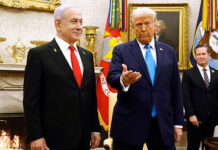

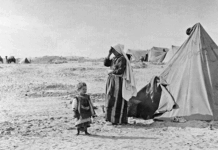
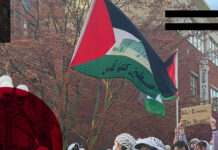

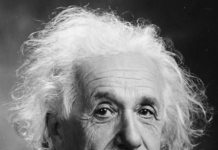


Another factor that may have contributed to the failure of the Johnson plan was Syria’s total rejection of the plan On October 4 1962, Syrian Prime Minister ‘Azim delivered an official public statement indicating that the Syrian Government considered Johnson’s proposals to be a “clear violation” of U.N. General Assembly Resolution 194 and a “deviation in the interpretation of its provisions.” ‘Azim also conveyed the Syrian viewpoint that the Johnson Plan “in reality and consequences is not a plan aimed at settling the refugees problem, but a solution aimed only at expatriating them and settling them finally outside their homeland.”
Few people know that there was also a Jewish Nakba. I just learned about it a few month ago. It is seldom mentioned in the media.
http://www.thetower.org/article/there-was-a-jewish-nakba-and-it-was-even-bigger-than-the-palestinian-one/
To be honest, I am not very familiar with this historical event, but I did find one article that describes a pertinent aspect of the story.
https://time.com/archive/6810167/world-kennedy-plan-for-refugees/
Reading Prashad and Chomsky’s On Cuba. Great book. It definitely dismantles this idea that JFK was some pacifist who wanted to end the cold war and hence he was assassinated. Perhaps he was deemed too soft, which gives us an idea of how rabidly imperialist the yankee leadership is.